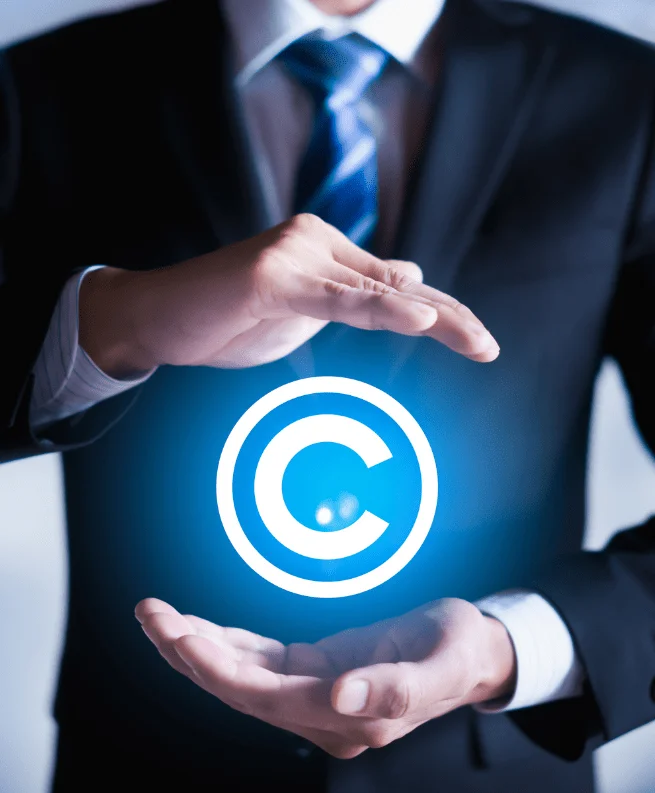
The development of telecommunications and the improvement of technological devices have had a significant impact on the lives of human beings, making it necessary for societies to adapt and take giant steps forward, even into the unknown. Other activities, nowadays, such as the massive use of social networks, e-commerce, telematic activities, the constant innovation of information and communication technologies, and the incursion of personal data in the network, make evident the way in which humans interact in the digital environment.
The information society goes far beyond Internet access, in fact, it is presumed to be the gateway to the digital world. Furthermore, it consolidates an intersectional approach in which social, cultural and economic features interact through the tools that enable the production, dissemination and processing of information.
Technological advances make it possible to carry out different procedures before the public administration, money transactions and reservations in minutes, making users' tasks and times more flexible; however, certain actions try to pervert the correct and ideal functionality of the digital community. Fake news, cyberbullying, hacks, cybercrime, among other acts, are part of the reality faced by people and companies seeking to interact in the digital environment. Therefore, for several years different people and institutions have been proposing and seeking to regulate digital activities and the defense of the rights of their users.

The International Telecommunication Union (ITU), under the auspices of the UN, led the World Summit on the Information Society for the first time in 2003, with the aim of developing a global legal framework to address the day-to-day challenges posed by the digital and information community. Since then, there has been a constant search for an information society where human dignity is respected and where there is equality, privacy and freedom of expression; rights that must be respected in the material environment and that should not be indifferent in the virtual one.
Human rights in the digital environment
The spectrum of Human Rights (HR) is widely known, it is worth emphasizing that they are inherent to all human beings, regardless of their sex, origin, nationality, religion, or any other type of condition. They are universal, inalienable and indivisible and for a long time it was thought that they only governed the physical world, however, nowadays they have their place in the digital world. Although the rights in this spectrum are not fully developed, they have not ceased to develop at the same pace as technological development.

As on the earthly plane, on the web there are many factors that interrupt the correct access and use of digital platforms. The focus is on issues related to freedom of expression, violence, hate speech, cyberbullying, trolling campaigns or bullying. They pose real threats with the goal of materializing them in the real world, offensive comments that undermine anyone's integrity and use violence as a banner to attack a person or community.
The UN Office of the High Commissioner for Human Rights states that many of the threats, intimidation and harassment via the Internet translate into persecution, violence and murder in the real world1. The absence of control can have serious repercussions, even against life, especially for historically excluded groups, those minorities that are usually discriminated against, such as migrants, people with disabilities, women and other groups that are generally characterized as "different".
Of the much, little. Although these activities must be regulated by the different legislations, strict control should not be exercised over how people operate within digital platforms. Many countries have used the discourse of combating hate or extremism for the dark purpose of depriving people of cyberspace. The blocking of the Internet can easily become a tool for censorship of debate, ideas and proposals.
It is vitally important that the digital era does not leave human rights aside, as they are an active part of the cycle and of the analog experience. Data on the world's population is already collected on hundreds of industrial-scale servers. Increasingly, the State as well as companies have detailed information on citizens, every aspect of their lives is available on these servers. Respect for privacy and data protection is a pending task that must be completed as soon as possible.
Digital rights
This is not yet a complete term, a common language is still being developed and adapted. Digital rights are known as cyber-rights, along with other names such as cyber-rights, cyber-droits or cyber-rechte, depending on the place of origin. What is true is that digital rights are an extension of traditional human rights that are adapted to the digital environment. In general, the aim is to protect the different freedoms, privacy and equality of individuals in the virtual environment.
It can be said that this right is born with the universal access to the Internet, since it is the one that allows people to enter the network and practice activities ranging from distraction and learning to the creation of new data. The right to privacy, digital security, oblivion and disconnection are among the main rights in this new catalog2. The legal community has begun to discuss this topic as the fourth generation or wave of fundamental rights, but without yet reaching an agreement.
Conclusion
The interaction between digital rights and human rights in the information society poses a complex balance between technological evolution and the protection of the fundamental values of humanity. Despite international efforts led by organizations such as the ITU and the UN, significant challenges remain, such as cyberbullying and privacy violations, which require regulation that promotes equality and freedom of expression without falling into forms of censorship.
The development of digital rights as an extension of traditional human rights represents a crucial step towards an inclusive digital experience that respects human dignity. In this context, privacy protection and digital security emerge as priorities, calling for agile and effective regulation that adapts to technological advances to guarantee rights and freedoms in the digital era.
Contact us:
- E-mail: aaleman@iurenovum.com
- Telephone: +593 99 971 7736
- WhatsApp: https://walink.co/859111
- LinkedIn: https:%C3%











